Mechanical and hydraulic disc brakes differ primarily in how they transfer braking force to the rotor. Mechanical disc brakes use steel cables to pull the brake pads, while hydraulic disc brakes rely on fluid pressure within a closed system to push pistons that clamp the pads onto the rotor. Hydraulic brakes offer stronger, smoother, and more precise stopping power, whereas mechanical brakes are simpler, easier to maintain, and more cost-effective.
How Do Mechanical Disc Brakes Work on E-Bikes?
Mechanical disc brakes operate by pulling a steel cable connected to the brake lever. When the lever is squeezed, the cable tightens, causing the brake caliper to push the brake pads against the rotor, slowing the bike. This system is straightforward, easy to adjust, and uses familiar bicycle cable technology, making it accessible for riders who prefer DIY maintenance.
What Is the Operating Principle of Hydraulic Disc Brakes on E-Bikes?
Hydraulic disc brakes use brake fluid enclosed in a sealed system. When the brake lever is pressed, it compresses fluid in the master cylinder, which travels through hoses to pistons in the caliper. The pistons push the brake pads onto the rotor with greater and more consistent force. This fluid-based system provides superior modulation, power, and responsiveness compared to mechanical brakes.
Which Braking System Offers Better Performance for E-Bikes?
Hydraulic disc brakes deliver more powerful and consistent stopping force, crucial for e-bikes that are heavier and reach higher speeds. Their superior modulation allows riders to finely control braking pressure, improving safety on steep descents or in emergency stops. Mechanical disc brakes provide adequate stopping power for casual riders but generally lack the precision and strength of hydraulics.
Why Are Mechanical Disc Brakes Easier to Maintain?
Mechanical disc brakes have a simpler design with cables and fewer components. Adjusting cable tension and replacing brake pads can be done quickly with basic tools. They do not require bleeding or fluid replacement, reducing maintenance complexity and cost. This makes mechanical brakes appealing for riders who prefer straightforward upkeep or have budget constraints.
How Does Maintenance Differ Between Mechanical and Hydraulic Disc Brakes?
Hydraulic disc brakes require occasional bleeding to remove air bubbles from the fluid and maintain optimal performance. Repairs often need specialized tools and knowledge. Mechanical brakes need frequent cable tension adjustments as cables stretch over time but avoid fluid-related issues. Both systems require regular inspection of brake pads and rotors for wear.
What Are the Cost Differences Between Mechanical and Hydraulic Disc Brakes?
Mechanical disc brakes are generally less expensive upfront and cheaper to maintain due to simpler parts and easier repairs. Hydraulic disc brakes come at a higher initial cost reflecting their advanced technology and performance benefits. However, their longer intervals between maintenance can offset some costs over time.
Chart: Comparison of Mechanical vs Hydraulic Disc Brakes on E-Bikes
| Feature |
Mechanical Disc Brakes |
Hydraulic Disc Brakes |
| Operating Mechanism |
Steel cable pulls brake pads |
Fluid pressure pushes brake pads |
| Stopping Power |
Moderate, sufficient for casual riding |
Superior, powerful and consistent |
| Modulation |
Limited, less precise control |
Excellent, smooth and precise control |
| Maintenance |
Simple, cable adjustments needed |
Complex, requires bleeding and fluid checks |
| Cost |
Lower upfront and maintenance costs |
Higher upfront, potentially lower maintenance frequency |
| Ease of Repair |
DIY-friendly with basic tools |
Requires specialized tools and skills |
Purchasing Advice
When choosing between mechanical and hydraulic disc brakes for your e-bike, consider your riding style, terrain, and budget. Hydraulic brakes are ideal for riders who demand powerful, precise braking on hilly or off-road routes and are willing to invest in higher upfront costs and occasional maintenance. Mechanical brakes suit casual riders, commuters, and those seeking easier, cost-effective upkeep. Brands like HOVSCO offer e-bikes equipped with both brake types, ensuring quality and safety.
HOVSCO Expert Views
“HOVSCO recognizes the importance of braking systems tailored to rider needs. Hydraulic disc brakes provide superior stopping power and modulation, enhancing safety for e-bike riders tackling diverse terrains. Mechanical disc brakes offer simplicity and affordability, appealing to urban commuters and casual cyclists. Our commitment is to equip riders with reliable brakes that match their riding style and preferences.” – HOVSCO Team
FAQ
Q: Are hydraulic disc brakes better for all e-bike riders?
A: Hydraulic brakes excel in power and control, especially for hilly or off-road riding, but mechanical brakes remain suitable for casual and budget-conscious riders.
Q: How often do hydraulic brakes need maintenance?
A: Typically once or twice a year for bleeding and fluid checks, depending on usage and conditions.
Q: Can I repair mechanical disc brakes myself?
A: Yes, mechanical brakes are easier to adjust and repair with basic tools.
Q: Do hydraulic brakes require special tools to fix?
A: Yes, hydraulic systems often need specialized tools and knowledge for bleeding and repairs.
Q: Which brake type is more cost-effective in the long run?
A: Mechanical brakes have lower upfront and maintenance costs, but hydraulic brakes may require less frequent servicing, balancing expenses over time.
Mechanical disc brakes use a steel cable to actuate the brake caliper, offering a straightforward, DIY-friendly design. Hydraulic disc brakes utilize fluid to transfer force, delivering superior stopping power and smoother modulation. While mechanical brakes are cost-effective and easier to maintain, hydraulic systems provide better performance and require less frequent servicing.
Wondering about the difference between mechanical and hydraulic disc brakes? When choosing an e-bike for yourself there are a lot of elements that one considers before purchasing your first e-bike. One of these is what types of brakes the bike brings. Whether you know it or not, brakes make a big difference on a bike. Specifically whether the bike brings hydraulic brakes vs. or mechanical brakes. The difference of the mechanical vs. hydraulic disc brakes also leads to a price change due to one being considered “better” than the other although at the end of the day the bike will stop regardless of what brake it brings. In fact, it’s not a matter of which one is better, it’s a matter of which one you prefer. So what exactly is the difference between mechanical vs. hydraulic disc brakes? Well for starters, you have to keep in mind how you will be using your e-bike. When purchasing a bike you want to make sure that it is equipped with brakes that you feel that you can trust. It is important to know the difference between mechanical vs. hydraulic disc brakes, so you can be very well aware of bicycle brake type comparison and what makes up the bike. Brakes are an important part of your bicycle just like they are for a car. Typically those who purchase an e-bike will be using it more than those who don't own an e-bike. So what exactly are Hydraulic brakes?

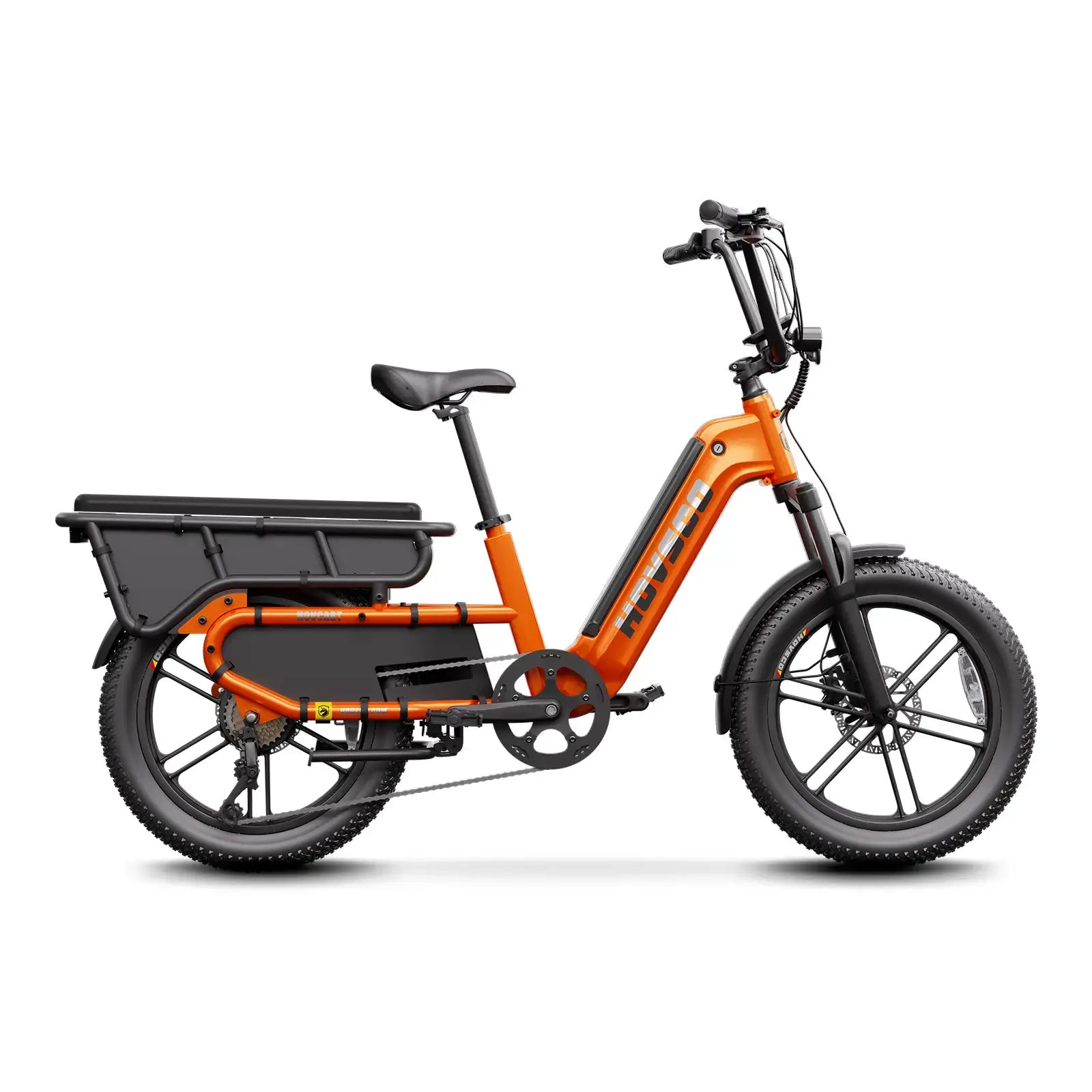
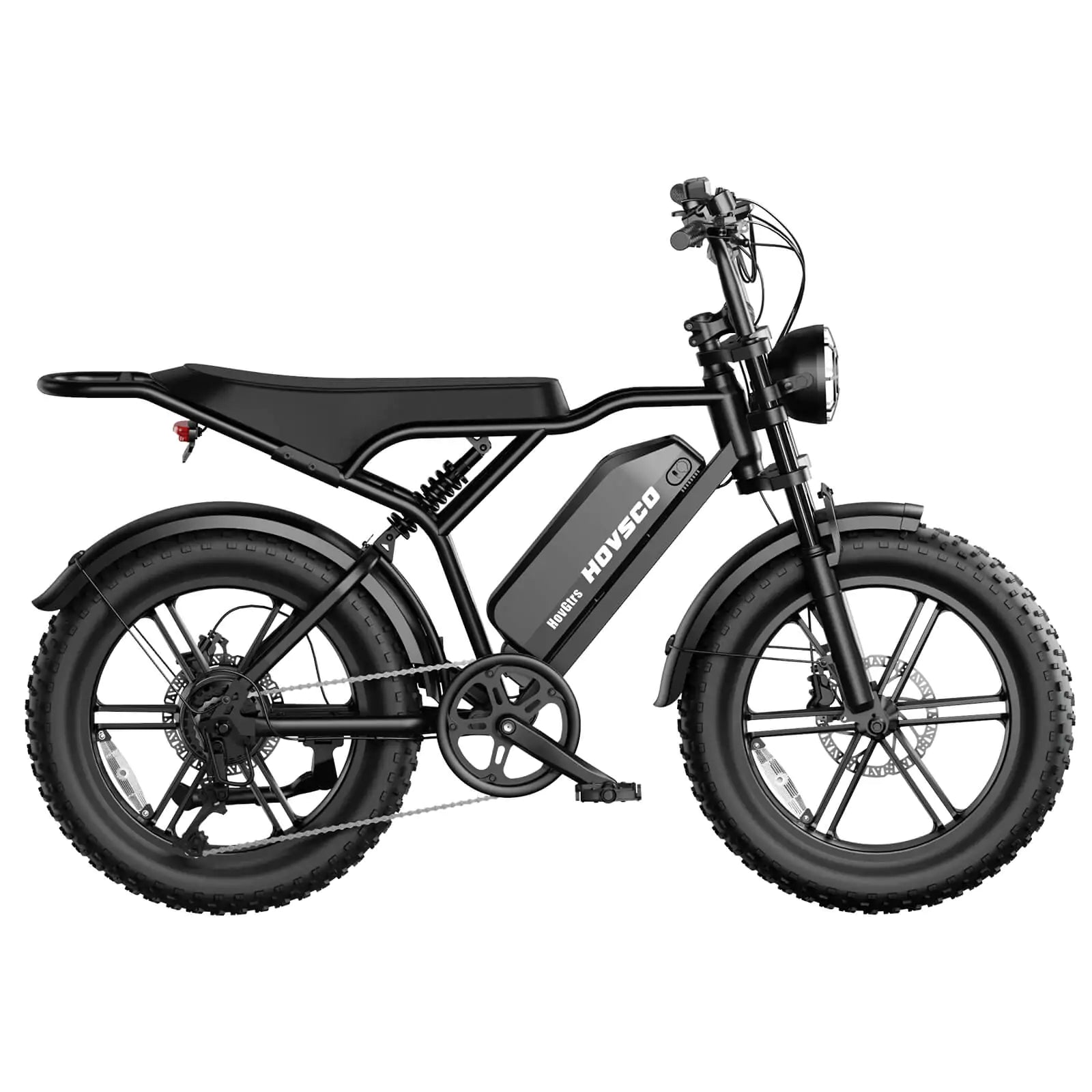
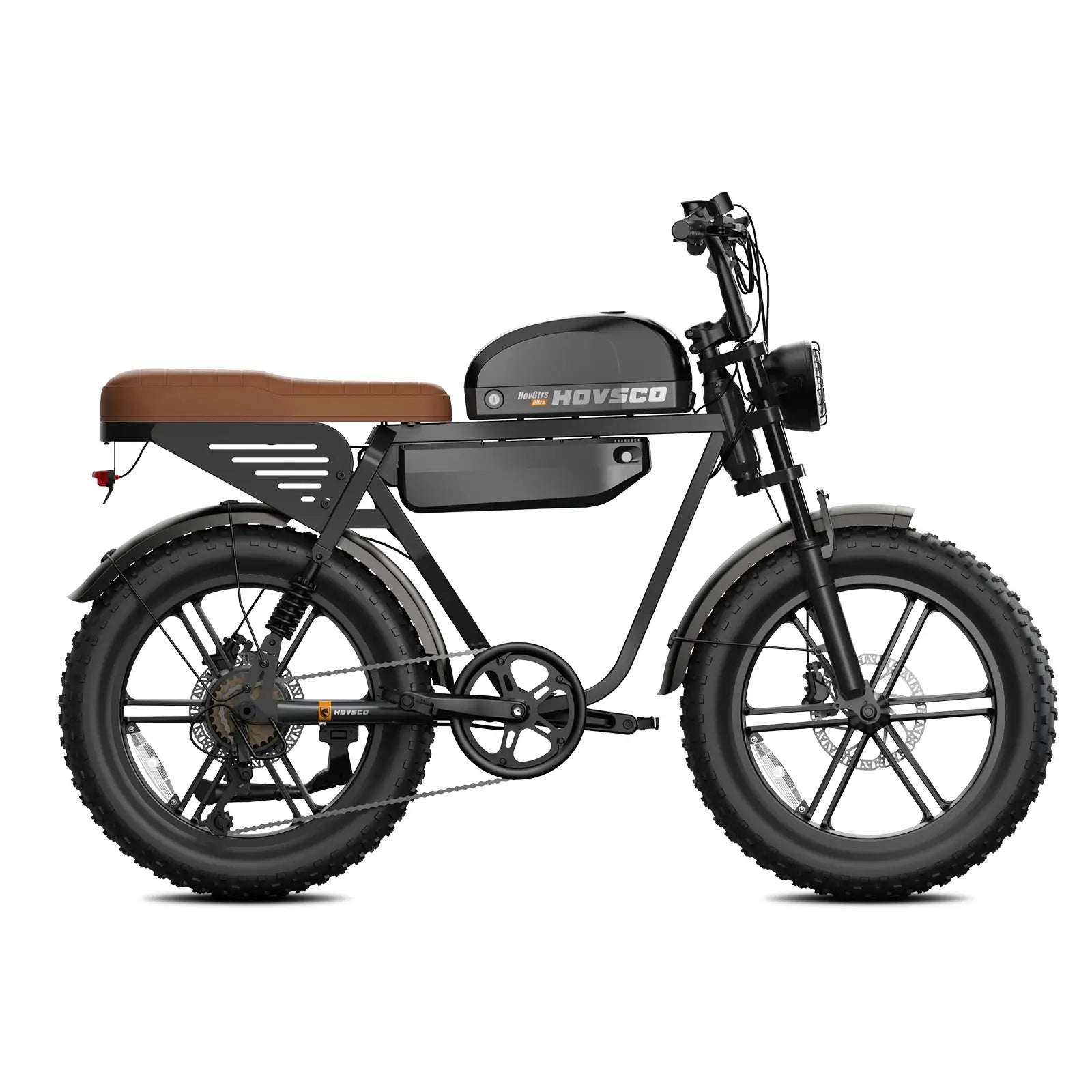
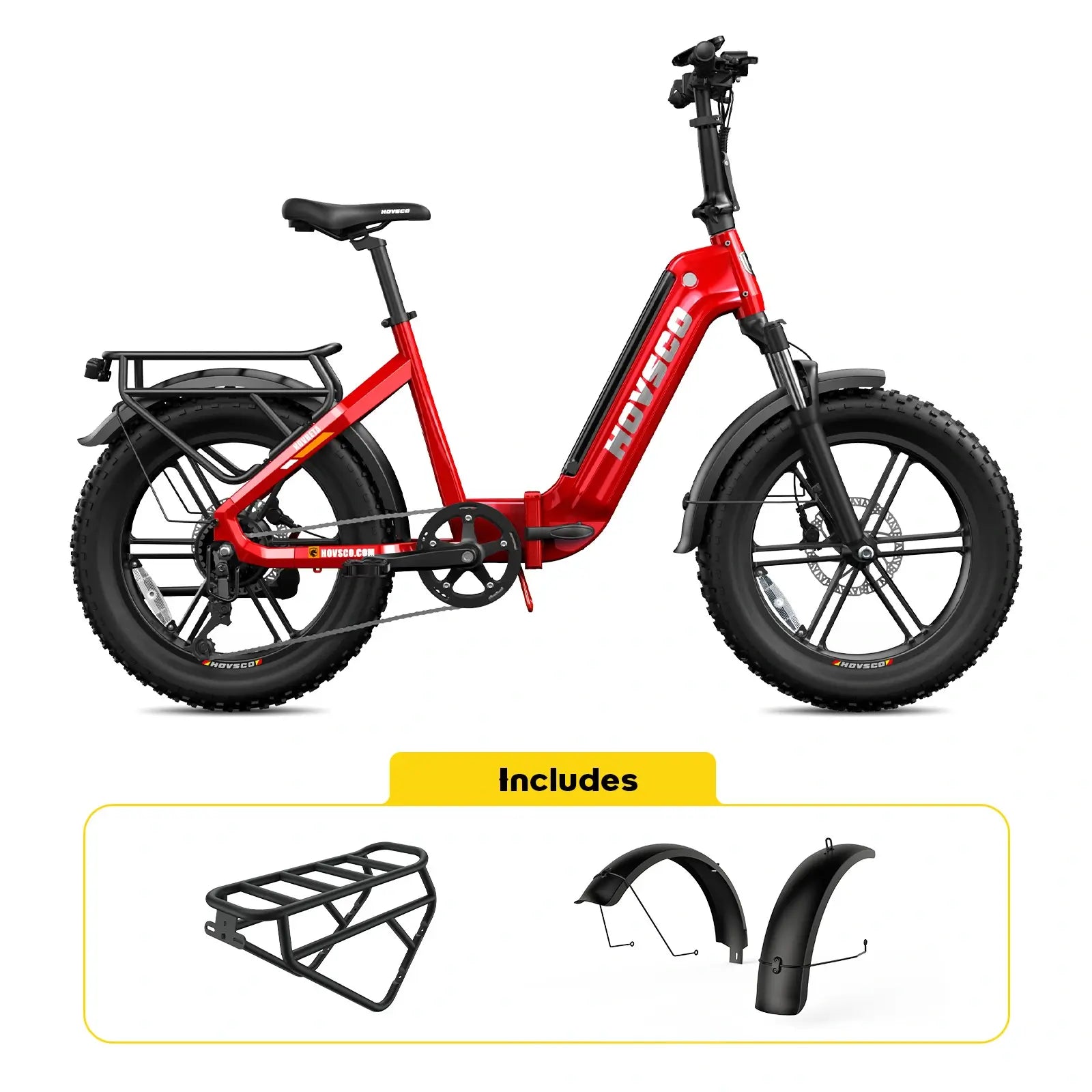
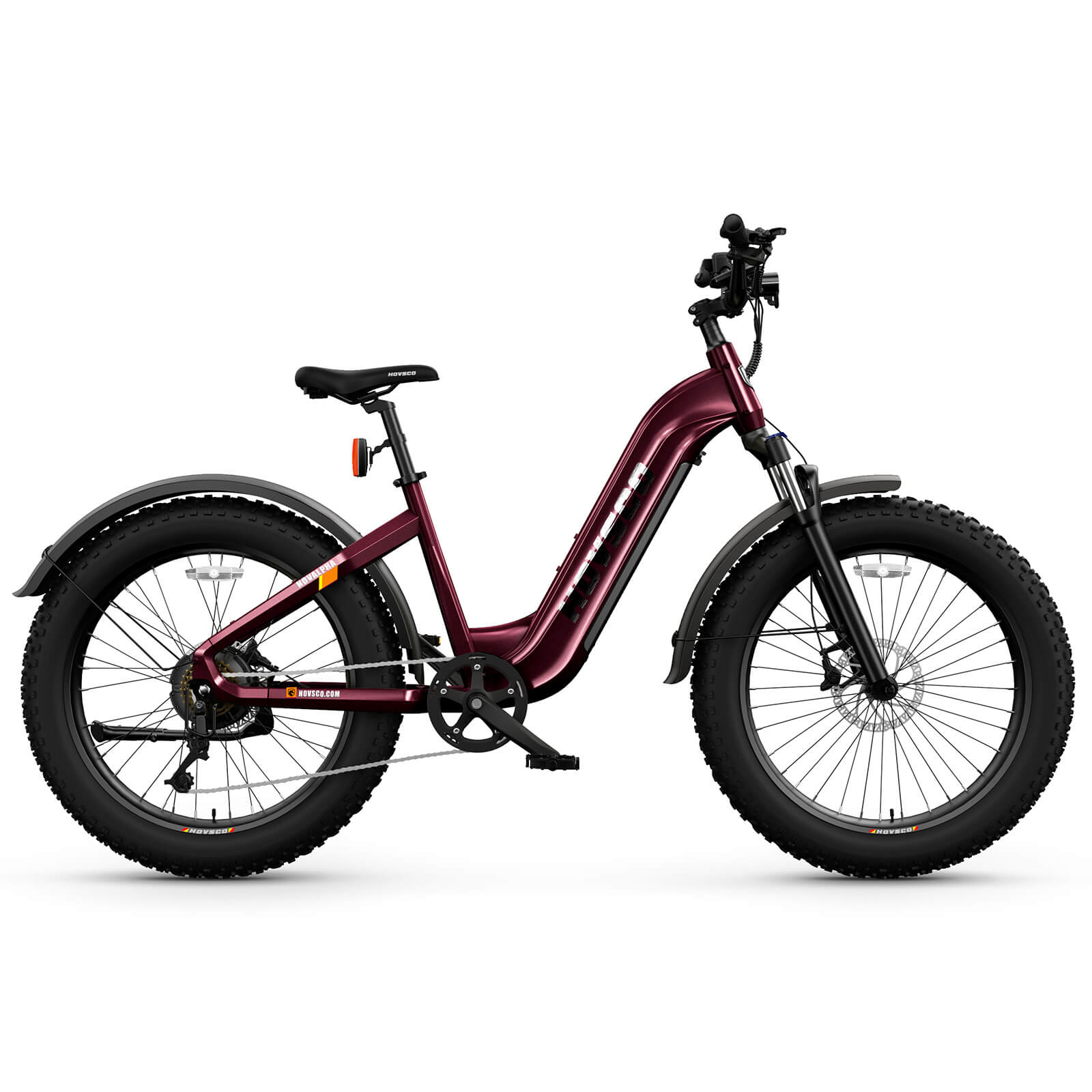
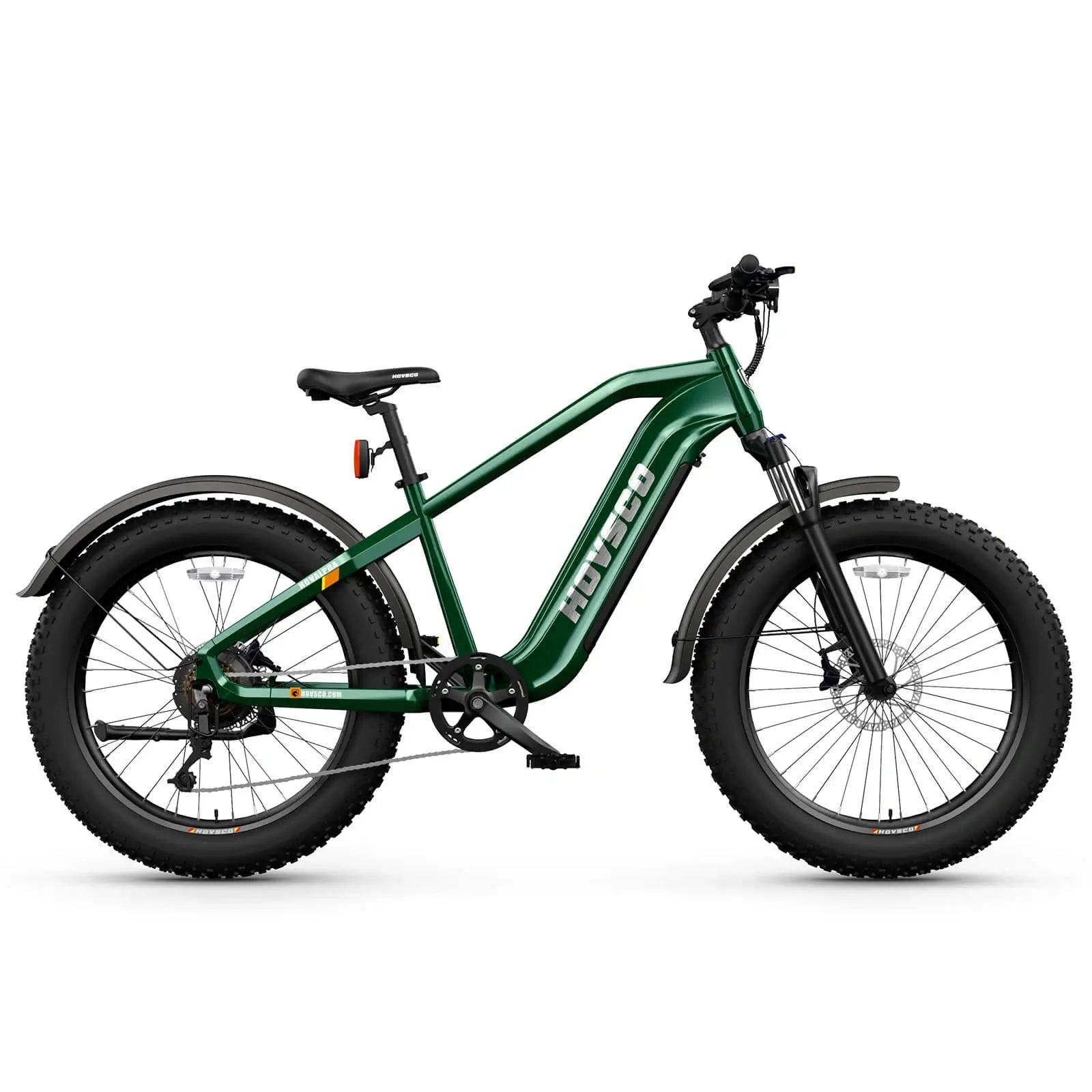
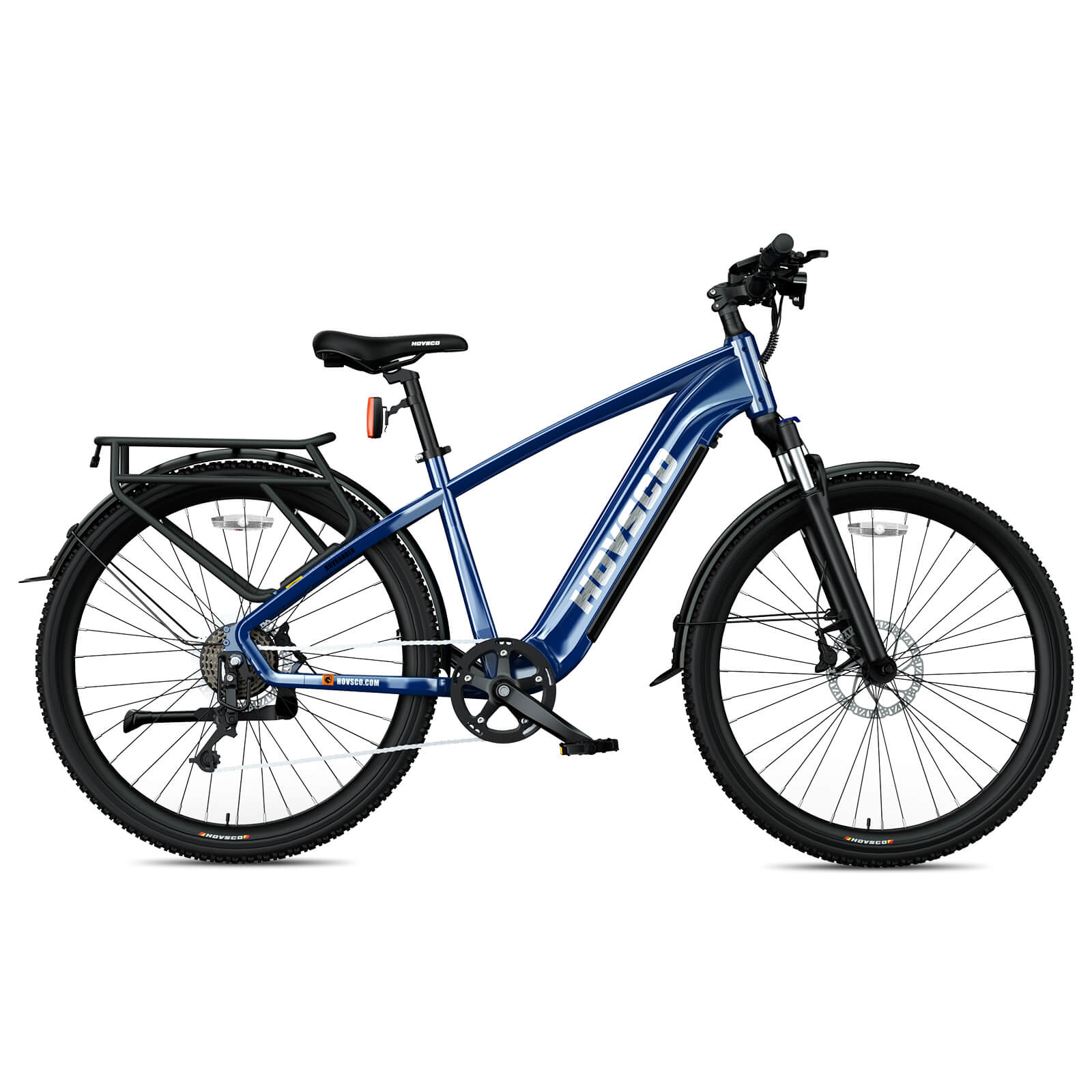
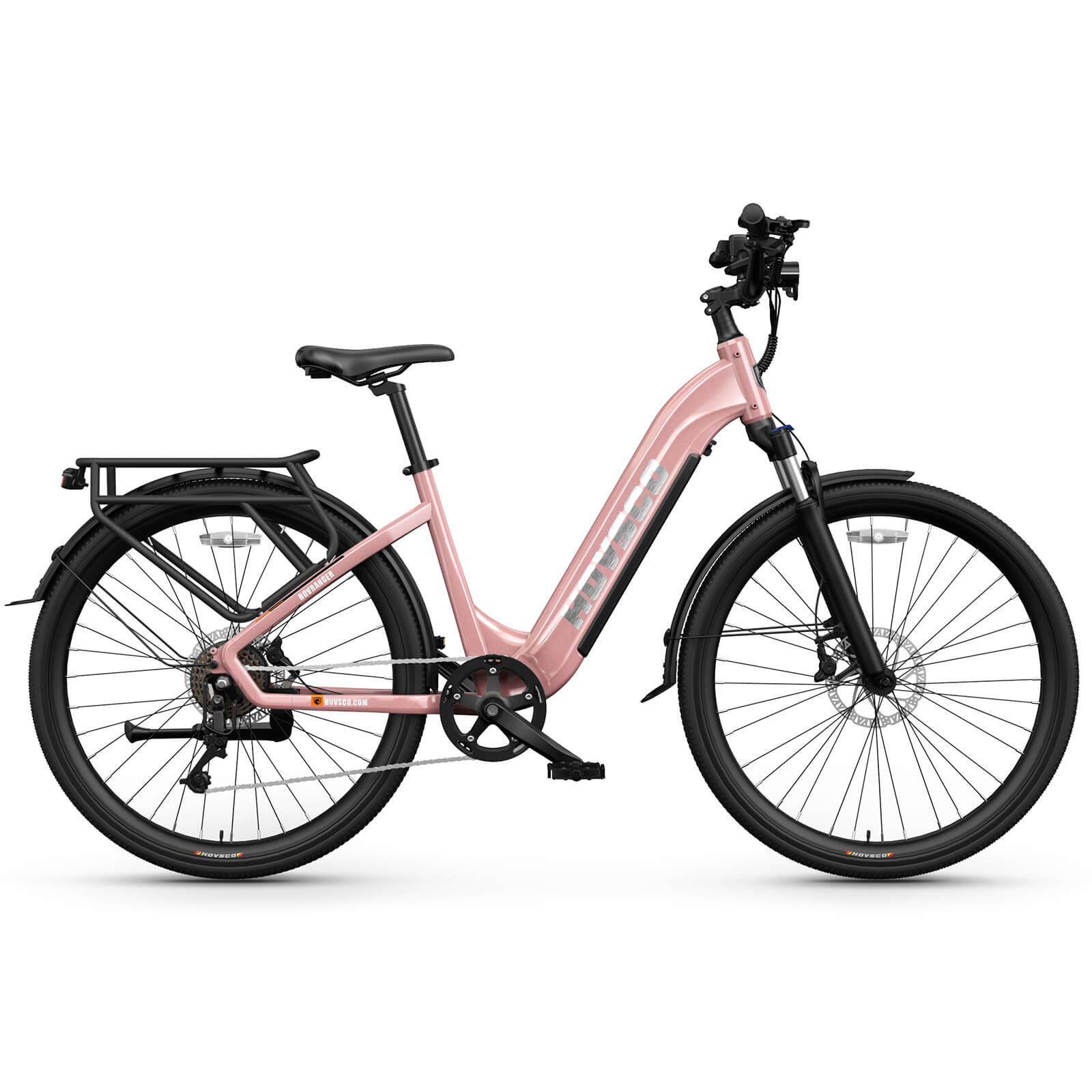
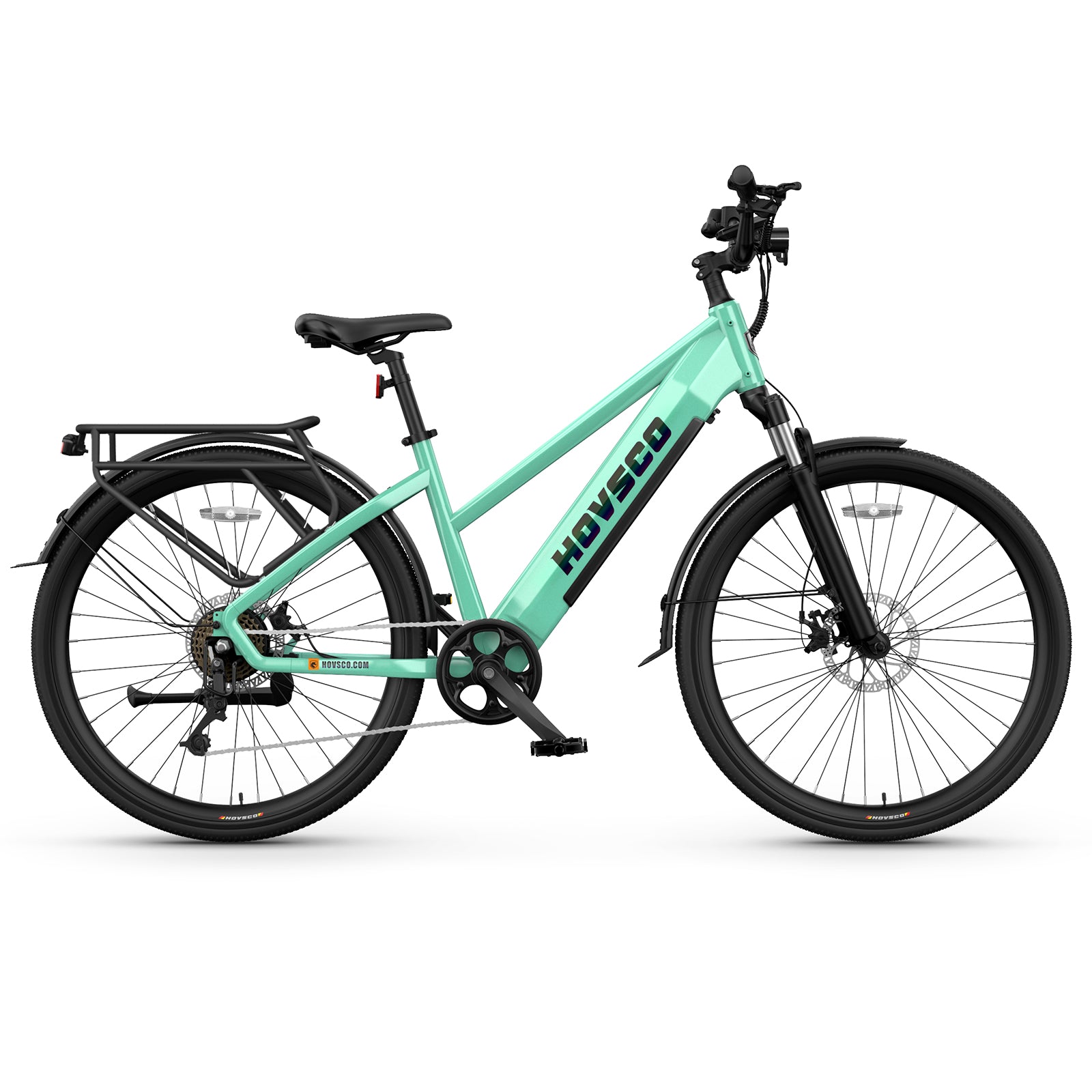
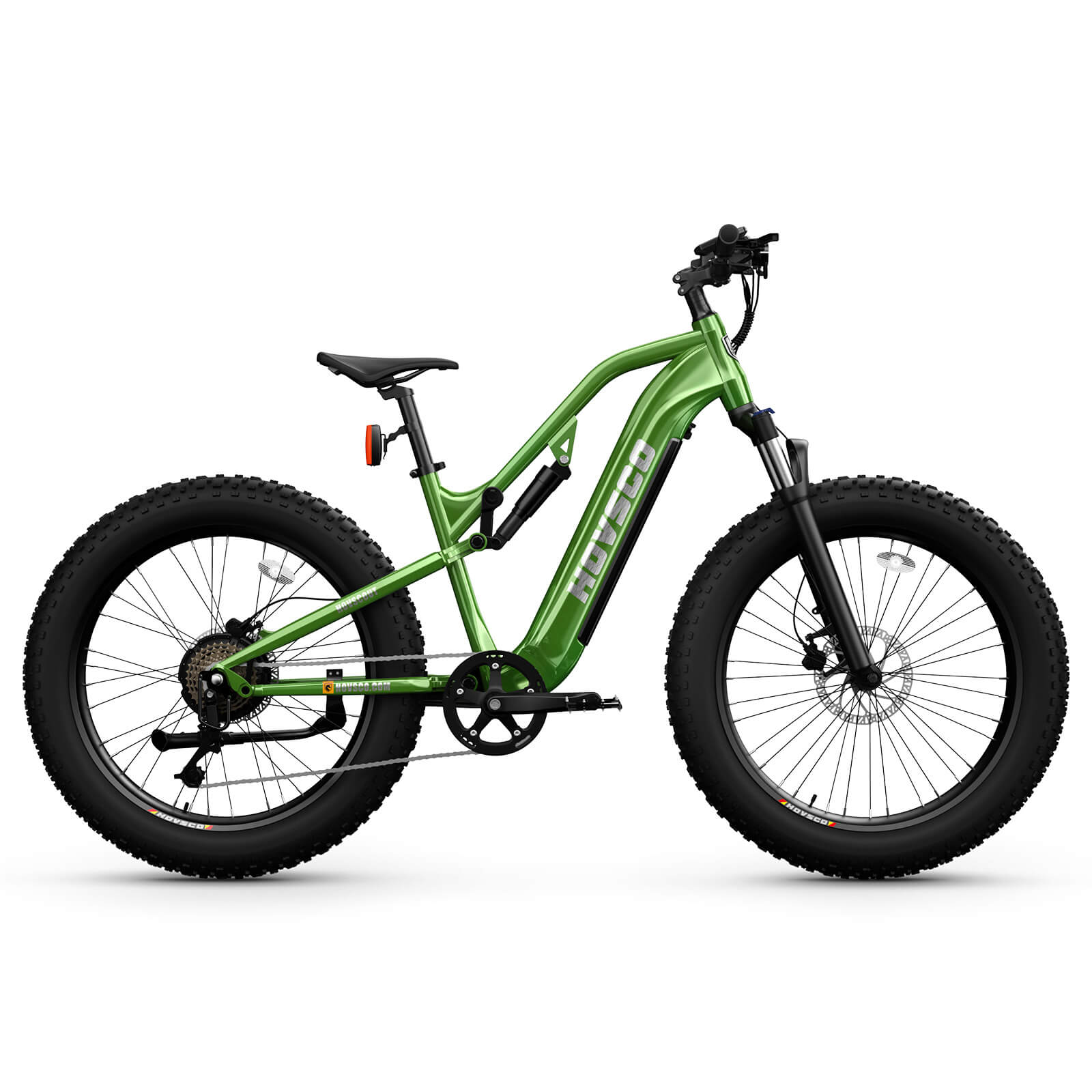

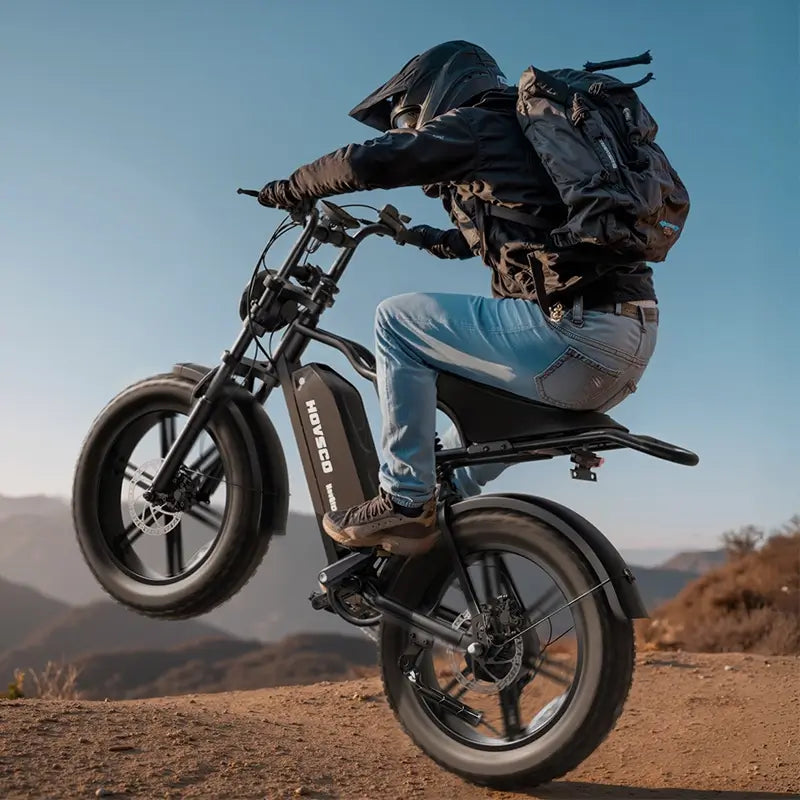
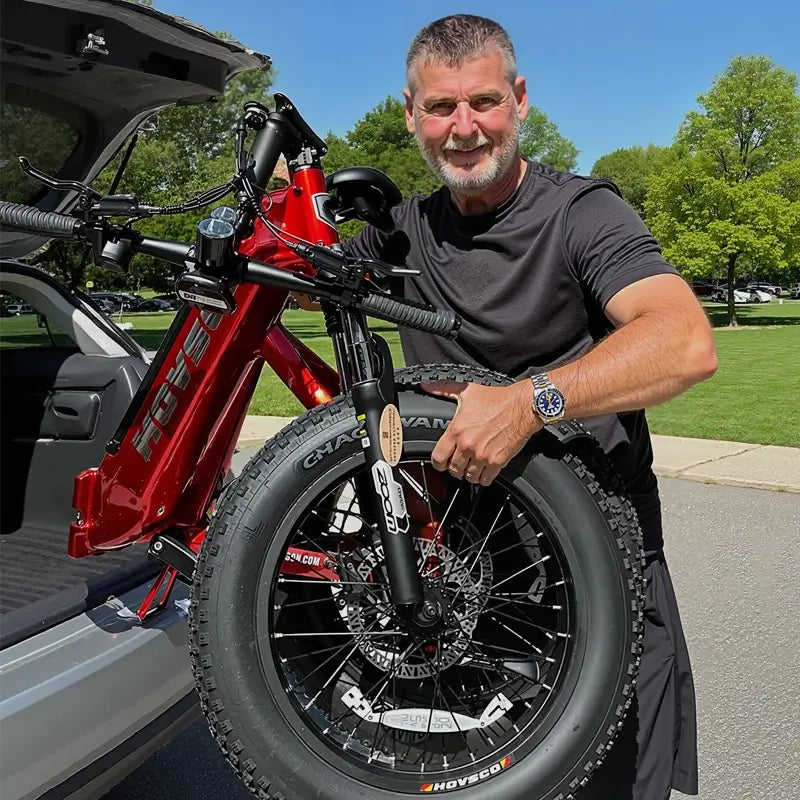





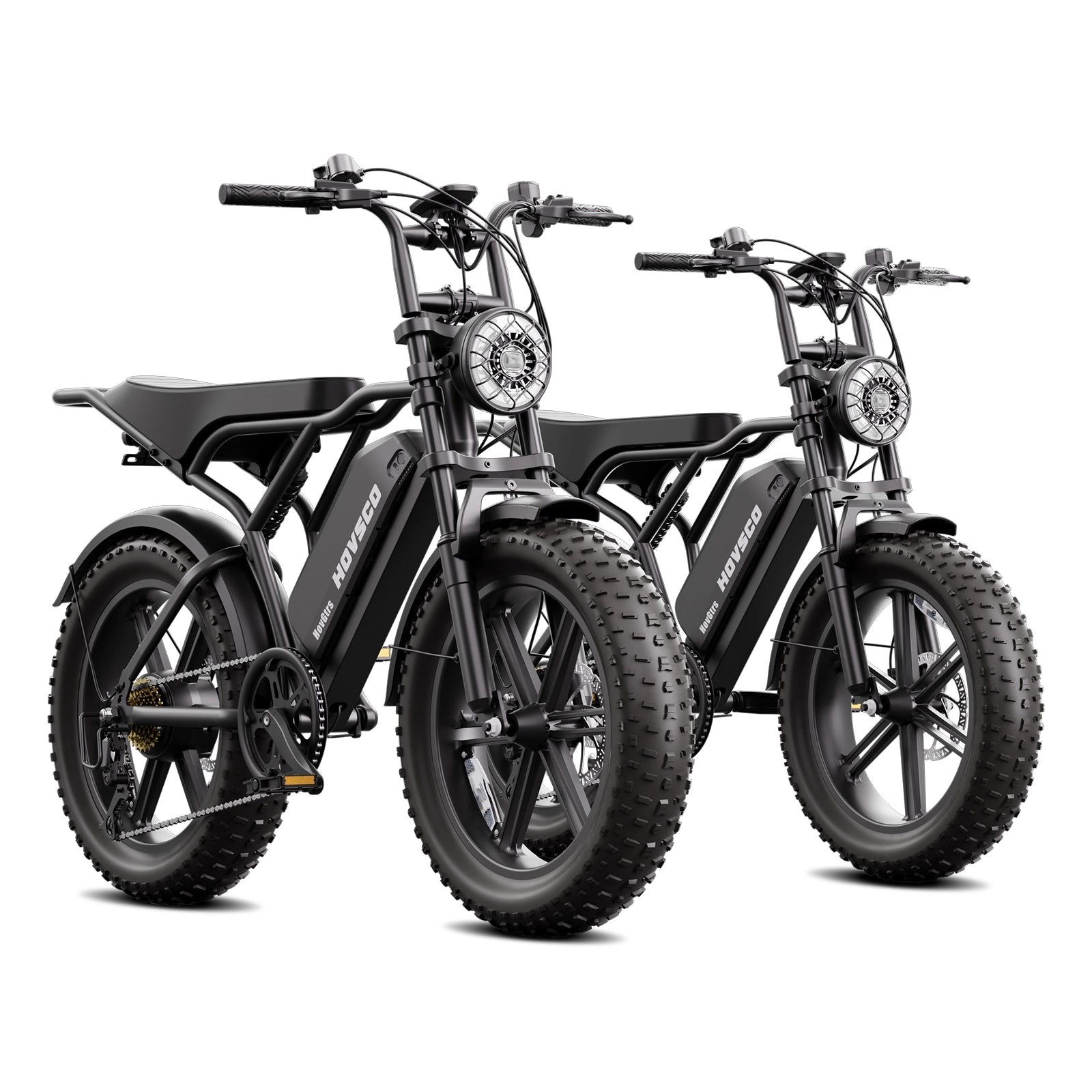
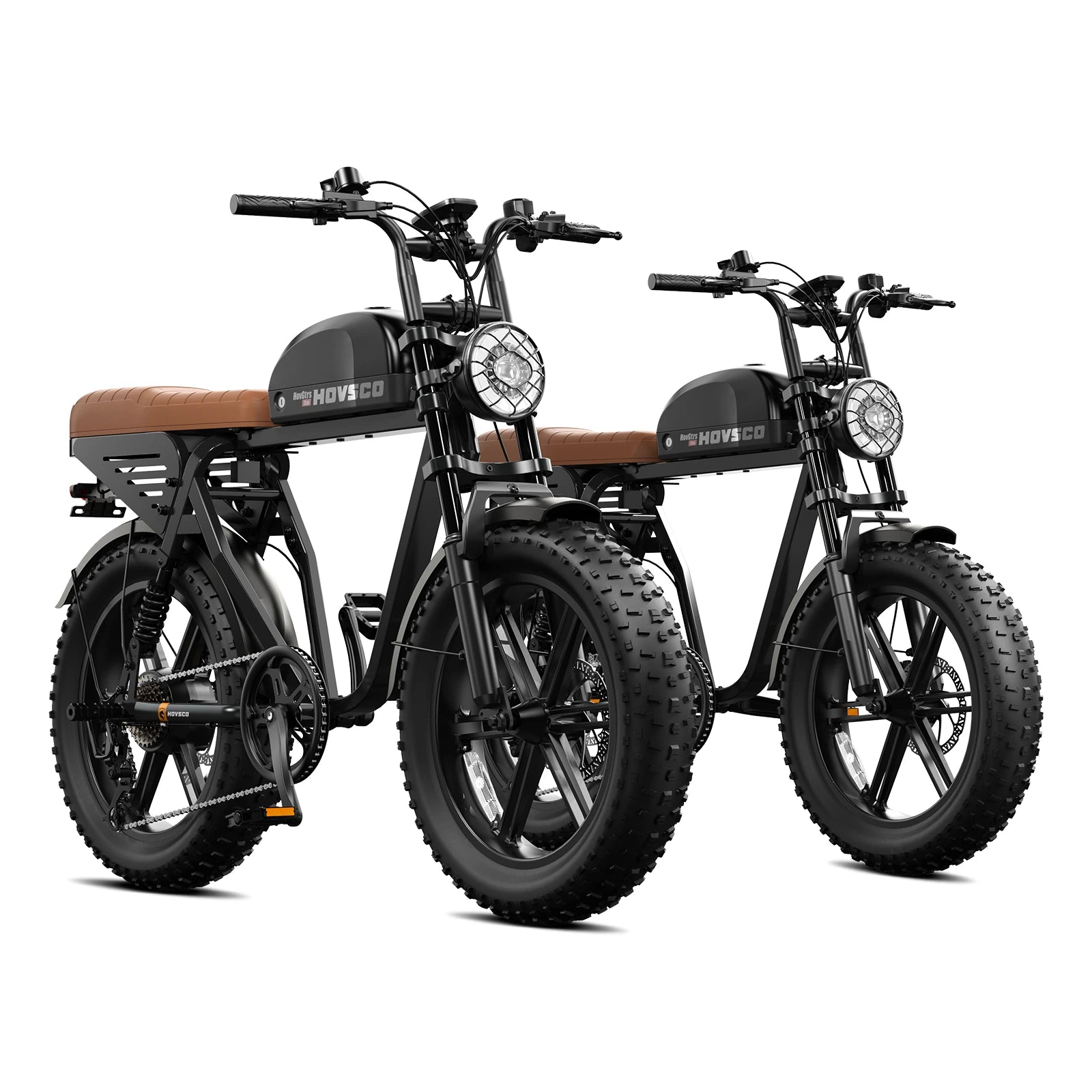
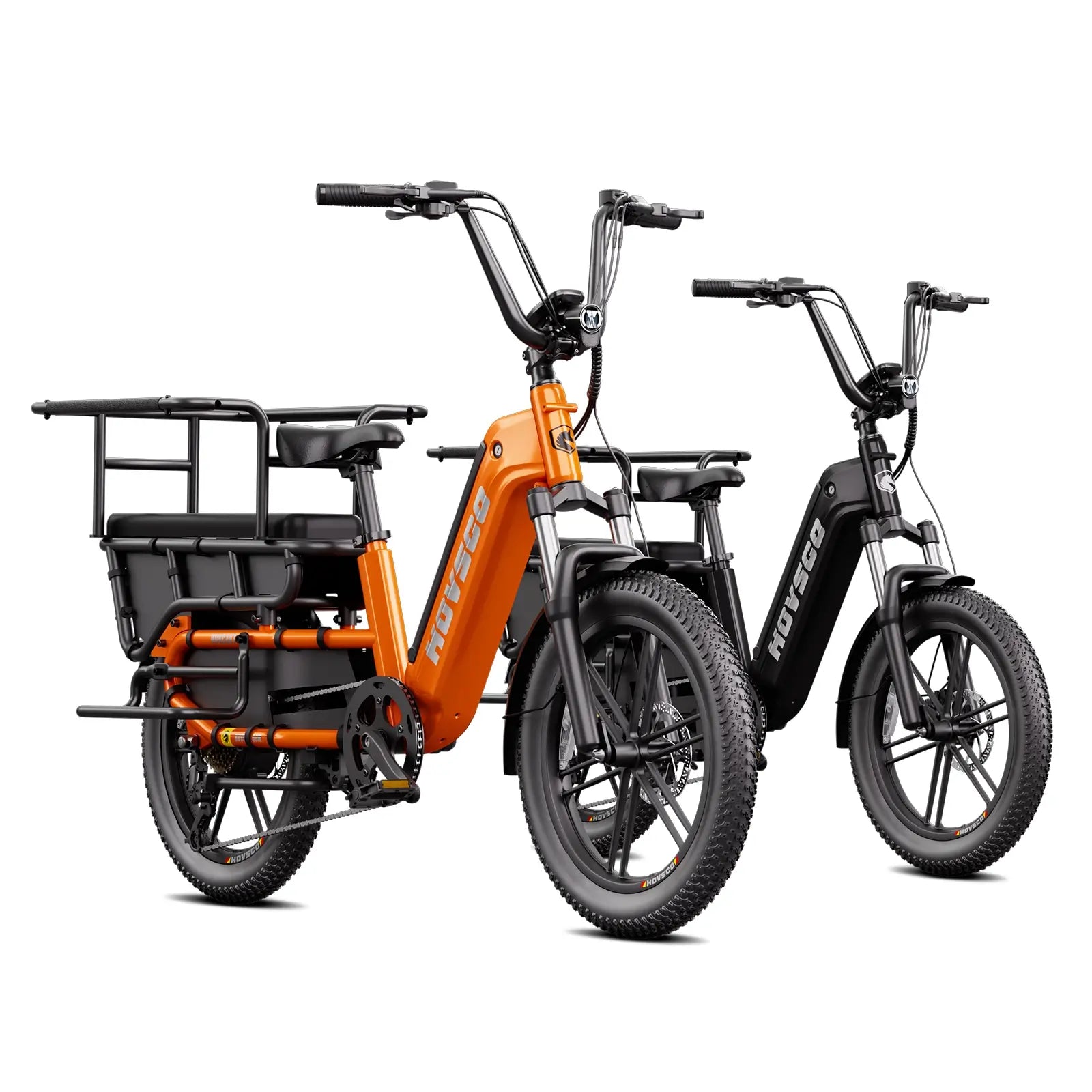
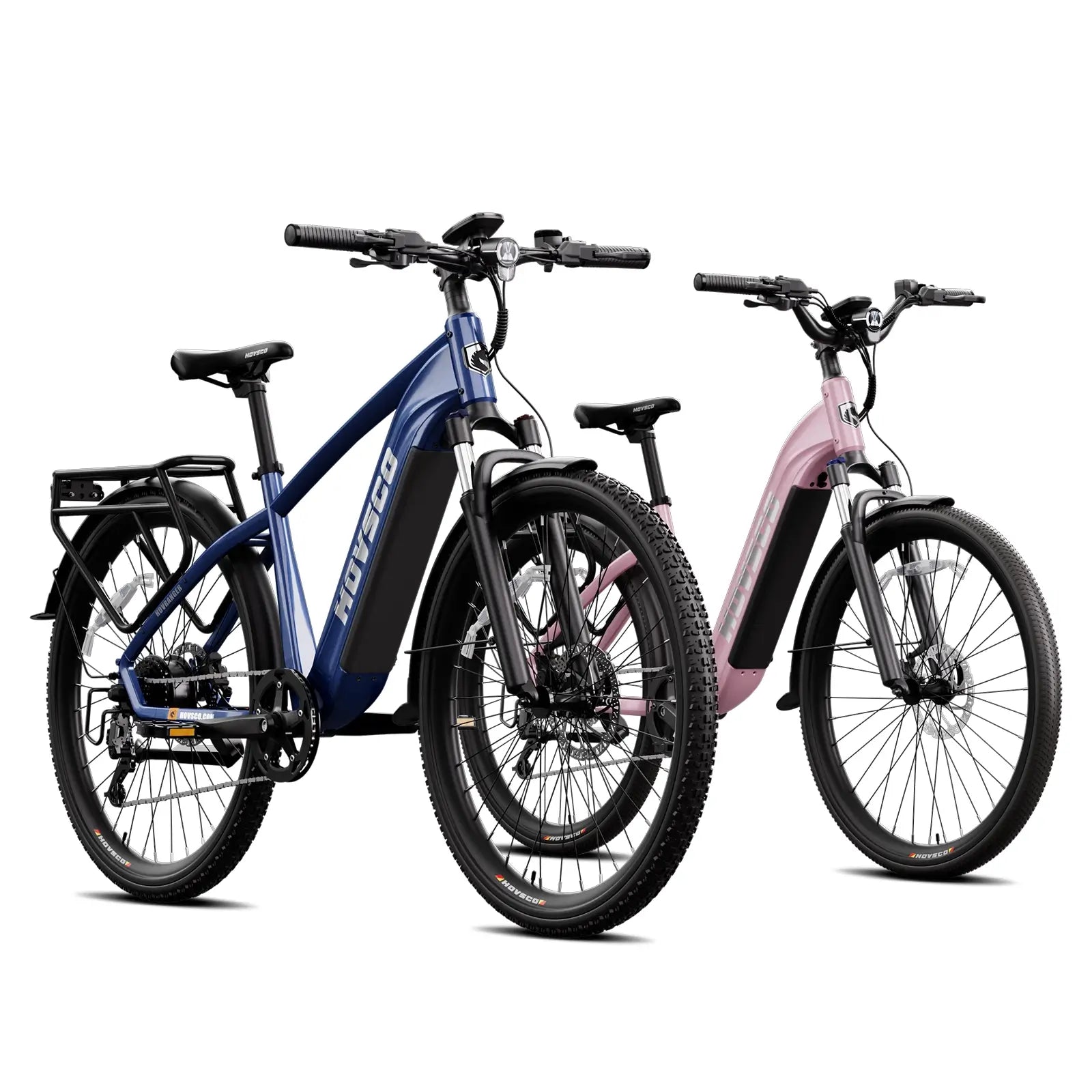
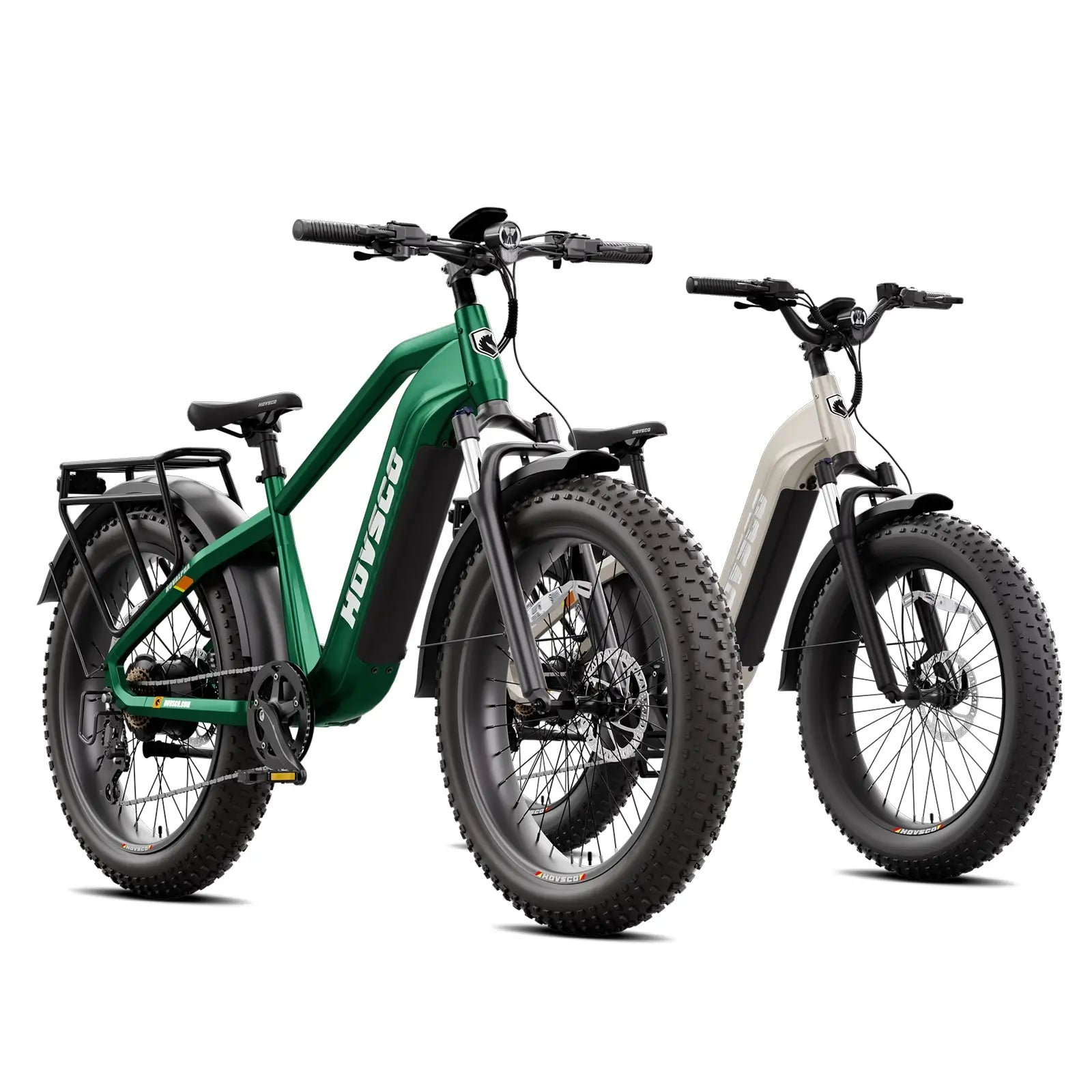
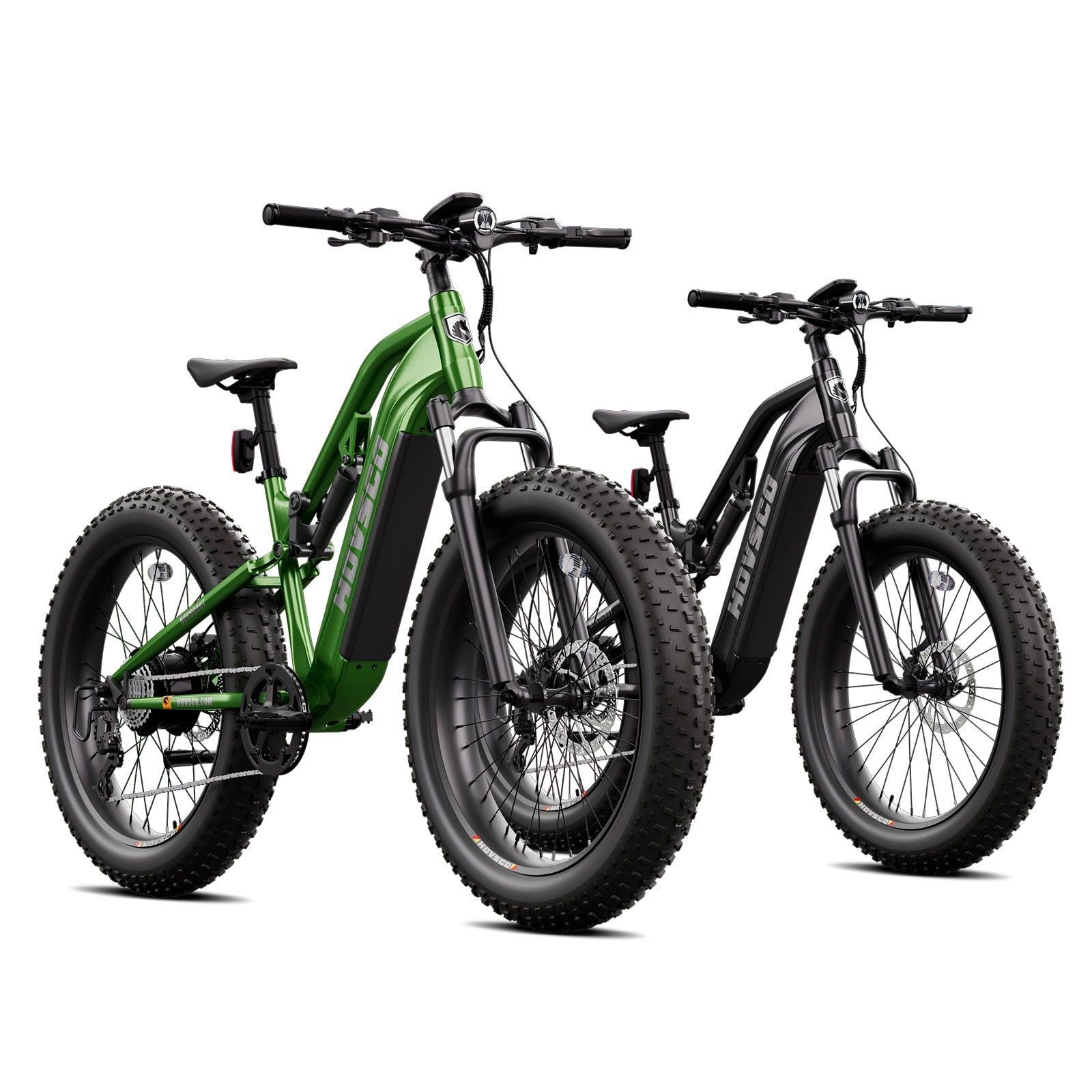
Share:
Why Choose Fat Tire E-bikes? Discover 7 Key Benefits
What Is All You Need to Know About Step-Through Ebike?